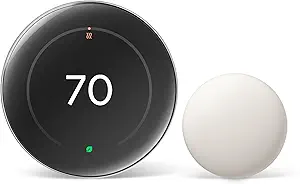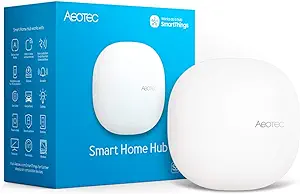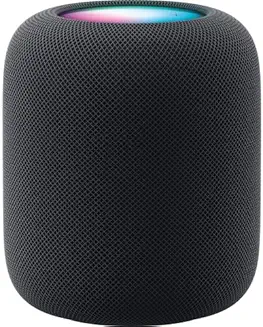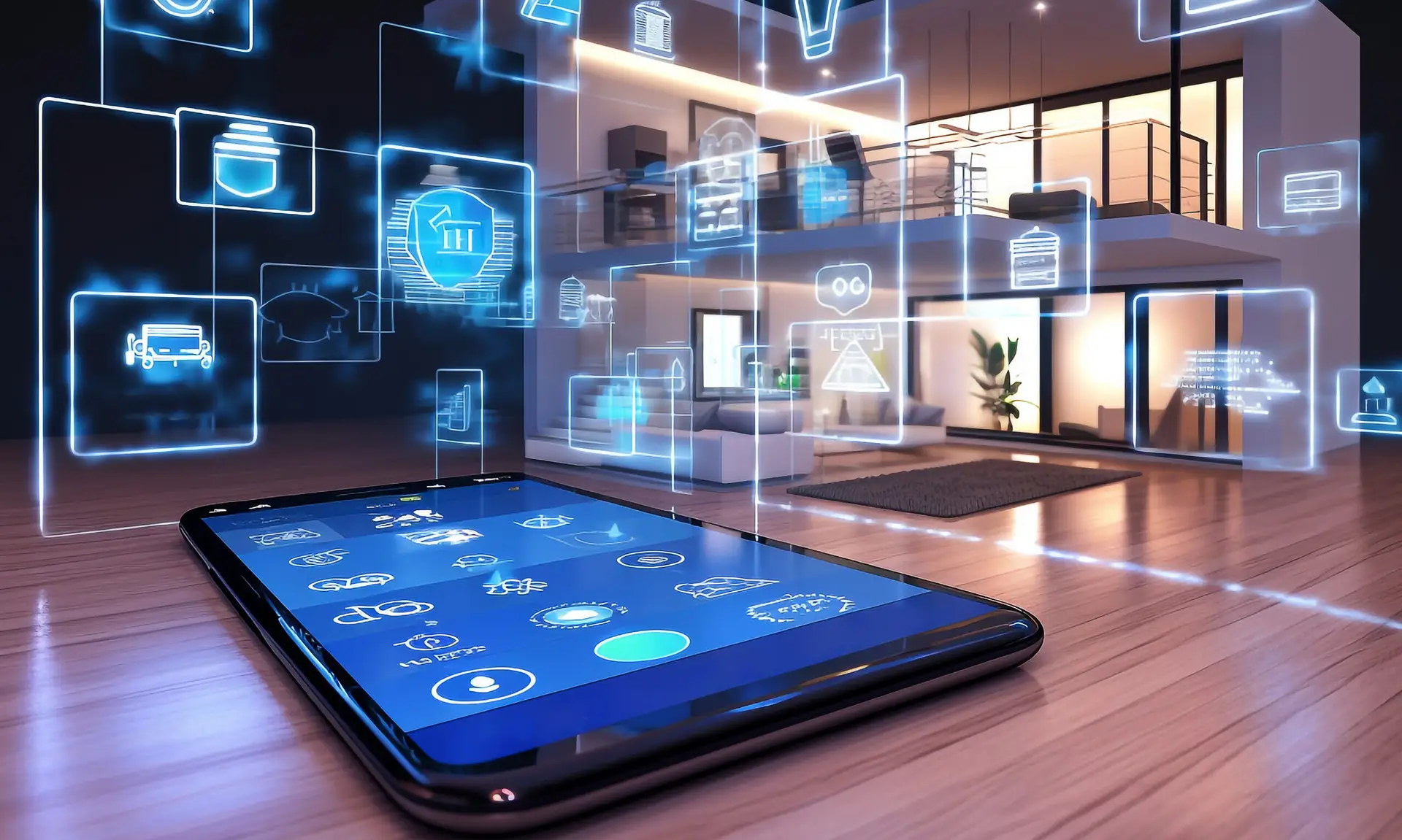With their unmatched efficiency, security, and convenience, smart home devices have completely changed the way we live. The Internet of Things (IoT), voice assistants, and artificial intelligence (AI) have all fueled the evolution of these gadgets, making homes more user-friendly and adaptable to their owners’ demands. By 2025, smart home devices will have advanced to new levels thanks to ground-breaking appliances that improve energy efficiency, comfort, and safety.
The Growth of Smart Home Devices
The development of smart home devices started in the early 2000s, but it really took off when voice-activated assistants like Apple’s Siri, Google Assistant, and Amazon Alexa were released. As more businesses started creating networked solutions, the demand for these systems—which let users control their devices remotely—grew rapidly.
The smart home devices market is projected to grow to $622.59 billion. Several industries, including kitchen appliances, energy management, entertainment, and security, will control it in 2025. These gadgets are more intelligent than ever thanks to ongoing advancements in AI and machine learning, which provide individualized experiences and predictive insights.
Top Innovations in Smart Home Devices in 2025
1. Amazon Astro 2.0
- Founder: Jeff Bezos (Amazon)
- Innovation: Amazon is attempting to integrate robotics into daily life with Astro 2.0, a next-generation robotic home helper. With enhanced AI, it supports Alexa-controlled home monitoring, aids care for aging family members, and provides pet tracking. It can now travel around the house smoothly and react to user orders thanks to improved facial recognition and clever learning.
- Impact: Astro 2.0 is revolutionizing healthcare support and home security, particularly for families with young children or older family members.

2. Google Nest Thermostat Max
- Founders: Tony Fadell, Matt Rogers
- Innovation: With the Nest Thermostat Max, which uses machine learning to forecast the ideal temperature settings based on user behavior and weather patterns, Google is continuing to push the envelope. It has seamless integration with other Google products, including Nest speakers and cameras, to create a more cohesive living space.
- Impact: By gradually recognizing user preferences, this thermostat not only optimizes energy savings but also guarantees comfort. It’s making a big difference in how much less energy is used at home.

3. Ring Always Home Cam
- Founder: Jamie Siminoff (Ring)
- Innovation: The Always Home Cam from Ring is a camera that resembles a drone that flies about the house on its own to give live video security. With the help of this invention, homeowners can monitor their properties from a distance without installing additional cameras.
- Impact: This technology provides an unparalleled monitoring system that eliminates the need for numerous stationary cameras, making it both economical and efficient in light of the growing concern for home security.
4. Samsung SmartThings Hub Max
- Founders: Alex Hawkinson (SmartThings), now acquired by Samsung
- Innovation: Samsung’s SmartThings Hub Max, which effortlessly unifies all smart home devices into a single ecosystem, introduces enhanced automation to houses in 2025. It is capable of automating tasks based on user patterns thanks to its machine learning capabilities. For example, it can change the music, lighting, and temperature according to user activity and the time of day.
- Impact: This central hub effectively coordinates multiple gadgets, serving as a smart home’s brain. Having a single point of control over their IoT devices has become crucial for users.

5. Ecobee Smart Camera with Voice Control
- Founders: Stuart Lombard (Ecobee)
- Innovation: The SmartCamera from Ecobee is intended to provide more than just security. It functions as a home communication system and an indoor monitoring device when voice control is included. Complete home monitoring is ensured by the smooth integration of the Ecobee thermostat and sensors with the SmartCamera.
- Impact: Ecobee stands out due to its emphasis on safe cloud choices and local storage, since privacy is becoming a big concern. It provides increased home security control without compromising user privacy.
6. Apple HomePod 2.0
- Founders: Steve Jobs (Apple)
- Innovation:Better sound quality and more intelligent speech recognition are the main features of the HomePod 2nd generation. With its improved HomeKit ecosystem integration, users can now command lights, security systems, and appliances with just their voice.
- Impact: Apple is gaining traction in the smart home devices market thanks to its advocacy for privacy and ecosystem-wide interoperability. When using the Siri assistant to manage numerous devices, HomePod 2.0 is essential.

7. LG ThinQ AI Smart Refrigerator
- Founder: Koo In-Hwoi (LG Group)
- Innovation: The newest AI-enabled refrigerator from LG features cameras and sensors to keep an eye on food quality and expiration dates. Notifications are sent to the user’s phone, and it can even make recipe suggestions based on the items it contains.
- Impact: By reducing waste and enhancing food management, this invention promotes a more sustainable way of living. It demonstrates how AI is being used to encourage environmentally beneficial behavior in addition to being convenient.
8. Philips Hue Dynamic Light System
- Founders: Gerard Philips and Frederik Philips (Philips)
- Innovation:With its Hue Dynamic Light System, which enables programmable illumination based on moods, tasks, or events, Philips has pushed the envelope. With the ability to coordinate with games, movies, and music, the lights can now create a fully immersive home entertainment experience.
- Impact: By providing extremely adjustable illumination, the system improves user experience by transforming any space into a hub for entertainment or a tranquil haven. Tech-savvy customers like this combination of atmosphere-setting and utility.
9. Wyze Floodlight Cam Pro
- Founders: Dave Crosby, Dongsheng Song, Yun Zhang (Wyze Labs)
- Innovation: An AI-powered detecting system that distinguishes between people, cars, and animals is included with Wyze’s Floodlight Cam Pro. With its automatic lights and sounds, it can deter any attackers and provides real-time alerts.
- Impact: This is a very sophisticated home security system that is reasonably priced. Wyze is a customer favorite because of its emphasis on economy without sacrificing quality.
10. Tesla Powerwall 3: Smart Home Devices
- Founder: Elon Musk (Tesla)
- Innovation: A household battery that saves solar energy for use in cloudy or inclement weather is Tesla’s Powerwall 3. The most recent generation, which goes on sale in 2025, is even more effective and works flawlessly with Tesla vehicles, solar panels, and other smart household appliances.
- Impact: This gadget is completely changing how homes manage their energy use, particularly for those wishing to switch from using fossil fuels to more renewable energy sources.
Key Trends in Smart Home Devices for 2025
- Integration of AI and Machine Learning: The most important development is the increased incorporation of AI and machine learning into smart devices. With the ability to comprehend user behavior and preferences and deliver a flawless experience, these systems are become increasingly intuitive. Devices that use predictive algorithms can recognize user demands and automatically adapt.
- Sustainability and Energy Efficiency: With environmental concerns growing, energy management and sustainability are at the forefront of many smart home devices ideas. As a way to assist homes lower their carbon impact, gadgets like thermostats, smart lighting, and energy-efficient appliances are growing in popularity.
- Enhanced Security Solutions: Manufacturers are giving security a higher priority as cyberattacks become more frequent. Modern devices have safer online storage, more sophisticated encryption, and AI-powered monitoring. These security improvements are also influencing the evolution of home security gadgets like drones, locks, and cameras.
- Ecosystem and Interconnectivity: Businesses are putting more and more effort into building complete smart ecosystems where every device can easily interact and communicate with one another. Leading this charge are companies like Samsung, Google, Amazon, and Apple, each of which is creating ecosystems that let people manage numerous devices from one platform.
- Natural Language Processing (NLP) and Voice Control: As voice assistants such as Alexa, Siri, and Google Assistant get better at comprehending natural language, voice control becomes more precise and responsive. With this enhancement, customers may now more easily operate their smart devices with basic commands.
- Health & Wellbeing: A lot of smart home devices are starting to focus on these areas. Smart mirrors, sleep monitors, and air purifiers are examples of devices that measure health parameters and make lifestyle recommendations.
Challenges and Considerations
Although smart home devices provide many advantages, there are several issues that need to be resolved:
- Data security and privacy: As devices are increasingly linked, more data is collected, which gives rise to privacy problems. Manufacturers are developing methods to guarantee safe transmission and storage of data.
- Problems with Compatibility: Since numerous firms manufacture smart gadgets, compatibility can occasionally be a problem, particularly for customers who wish to combine goods from several manufacturers.
- Cost: smart home devices are becoming more affordable, but high-quality systems still need a large initial investment, which keeps them out of reach for certain customers.
In 2025, the market for smart home devices is expected to be booming due to advancements in IoT, AI, and machine learning. With improvements in sustainability, security, and health integration, these gadgets are making houses more responsive and adaptable spaces. The potential for smart homes will grow even further as technology develops, providing solutions that can address almost every area of daily life.
With innovations like the energy-efficient Tesla Powerwall 3 and the user-friendly Amazon Astro 2.0, the future of smart home devices appears to be quite bright.

